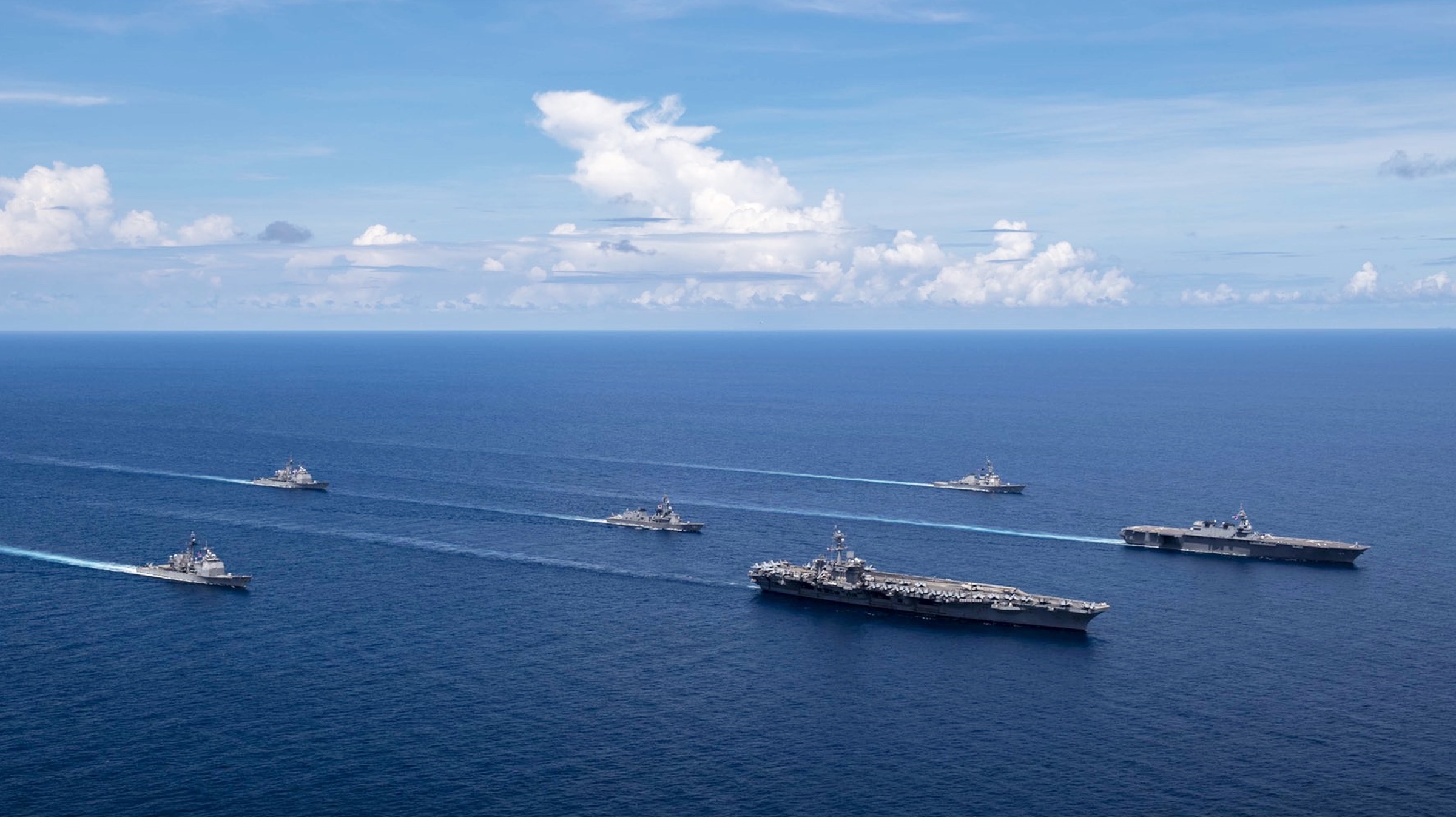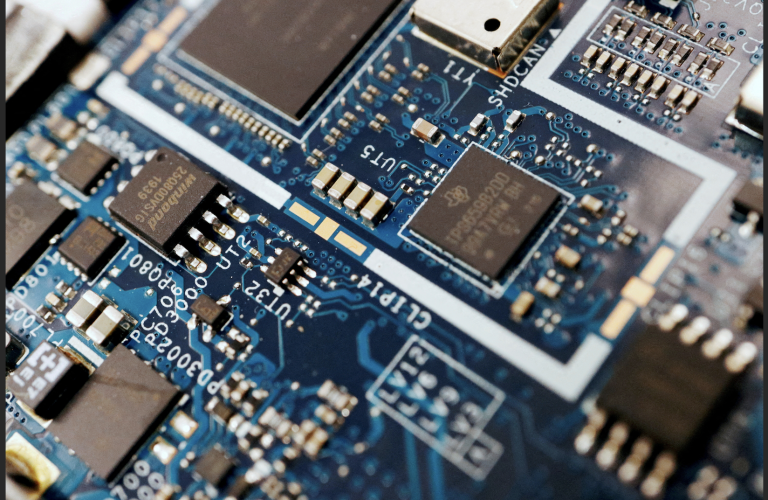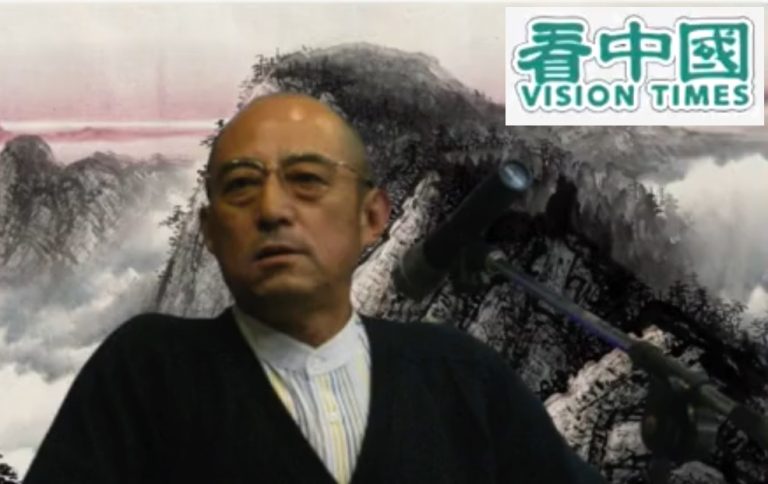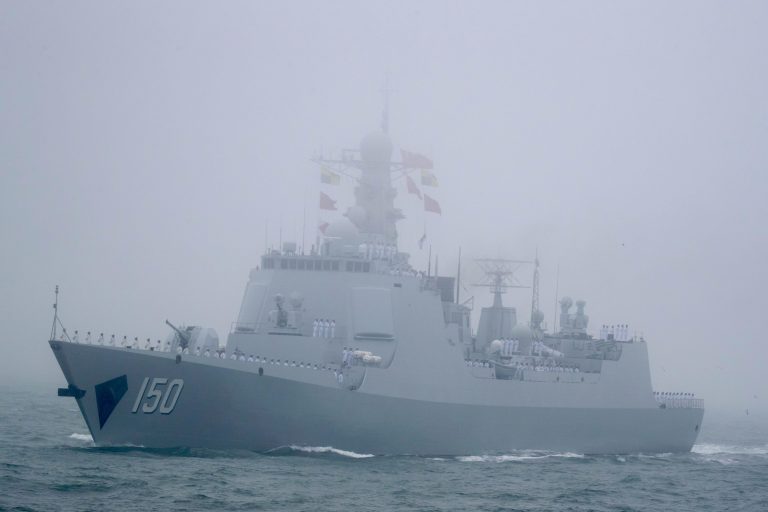At a time of escalated tensions in the Taiwan Strait due to Chinese Communist Party (CCP) aggression, the commander of the United States Indo-Pacific Command met with top Japanese and German military officials to strengthen cooperation and deterrence in the region.
On Nov. 11, during the commander of the United States Indo-Pacific Command, Admiral John Aquilino’s visit to Japan, he and Gen. Koji Yamazaki, Chief of Staff of Japan’s Self-Defense Forces (JSDF), agreed to implement a shared vision to strengthen ties and U.S. interoperability in support of a free and open Indo-Pacific, according to the U.S. Indo-Pacific Command.
On Nov. 9, Samuel Paparo, Commander of the U.S. Pacific Fleet, visited Admiral Hiroshi Yamamura, the Chief of Staff of the Japanese Maritime Self-Defense Force (JMSDF). They agreed to work together to increase the level of deterrence and response capabilities of the U.S. and Japanese alliance.
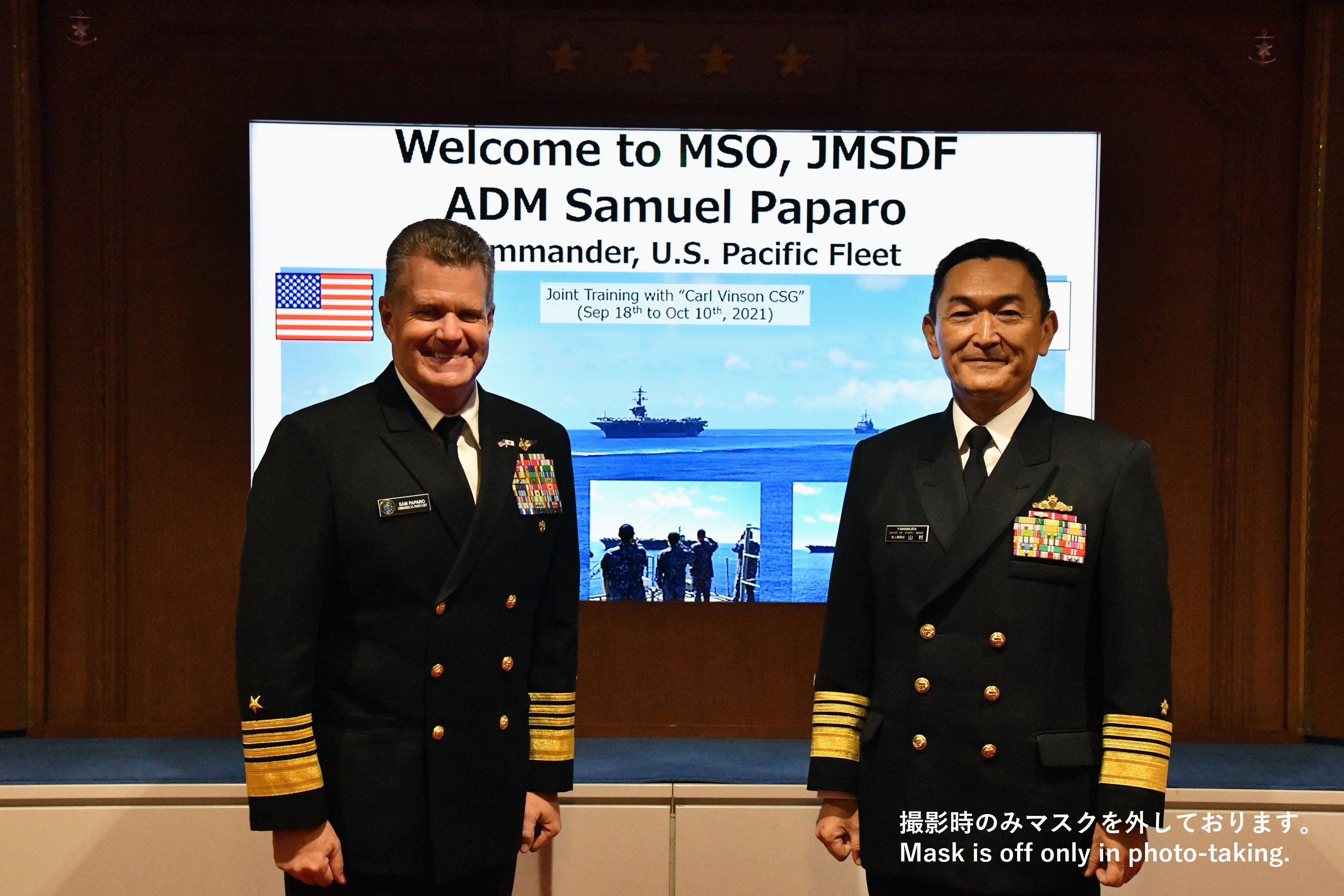
From late October to early November, the Japan Maritime Self-Defense Force conducted several joint exercises with U.S. Navy vessels including the USS Carl Vinson Assault Group in various places, including hot spots like the South China Sea, the East China Sea, and the Sea of Japan. The exercises were held in order to bolster alliance capabilities.
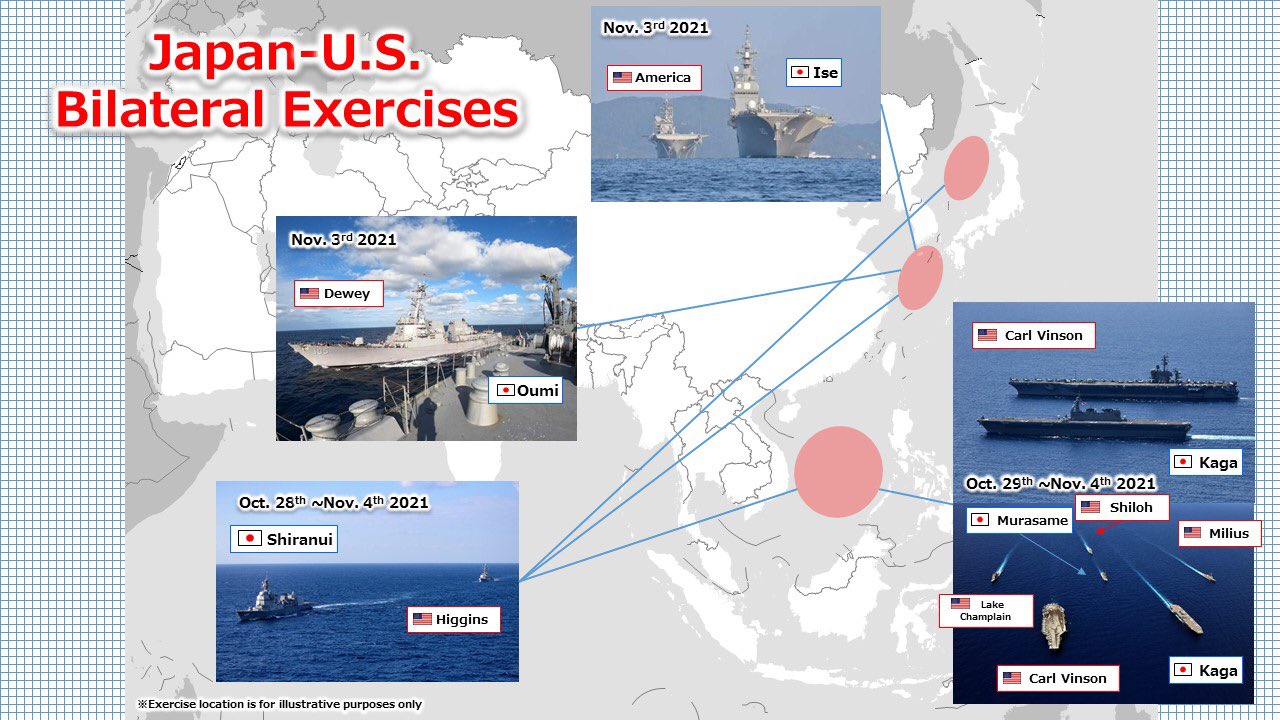
On Nov. 10, Dr. V. Goetze, the German Ambassador to Japan, hosted a reception with German Navy Chief, Kay-Achim Schonbach on German Navy frigate Bayern to celebrate the partnership between Japan and Germany, according to posts by the JMSDF.
Success
You are now signed up for our newsletter
Success
Check your email to complete sign up
A few days before the meeting, on Nov. 5, the Bayern docked at Tokyo’s International Cruise Terminal in the capital’s Koto Ward. The port call to Japan was the first by a German navy vessel in around 20 years. Those present included Japanese Minister of Defense Nobuo Kishi and Inspector-General Eberhard Zorn of the Bundeswehr, the German federal armed forces.
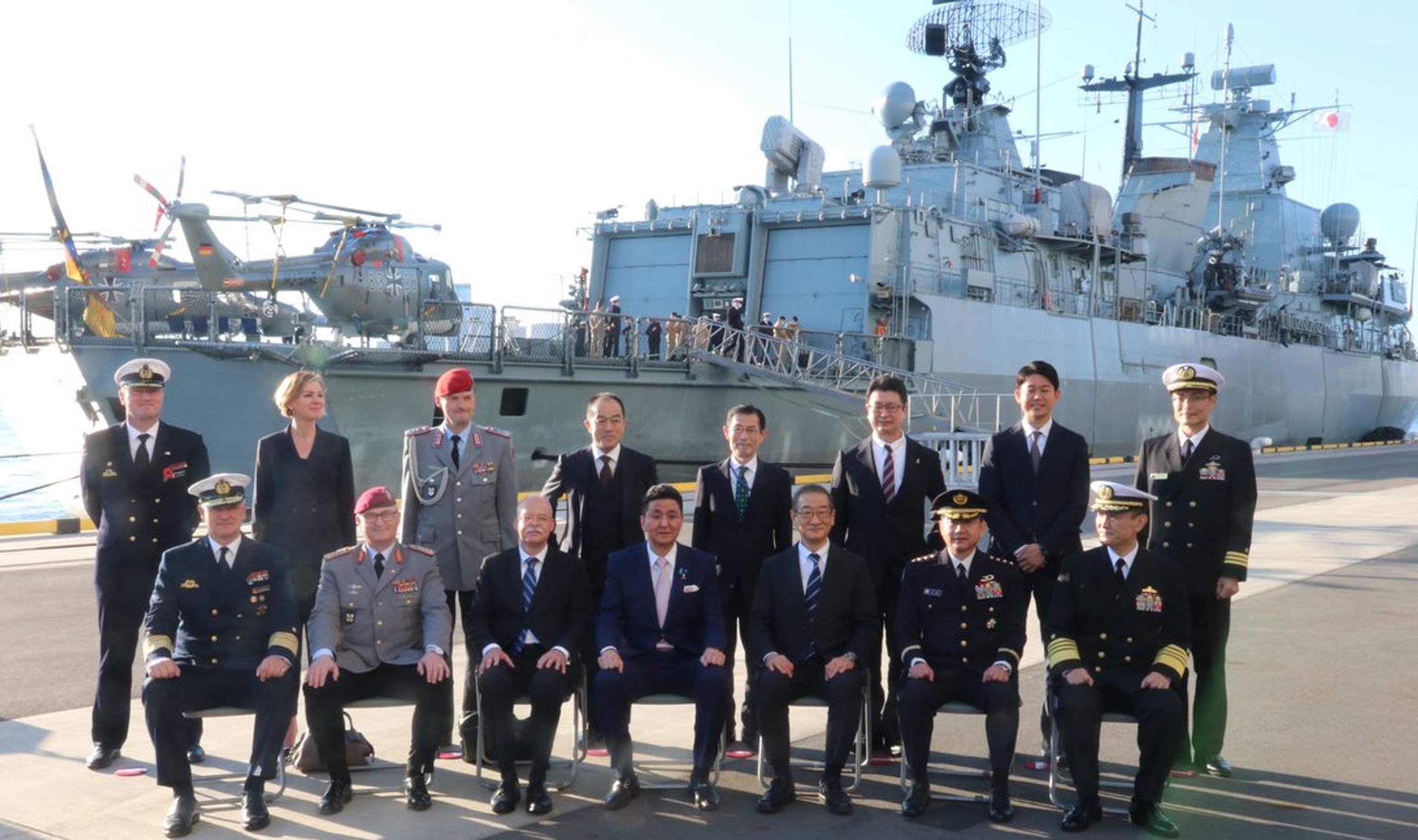
German Navy Chief, Kay-Achim Schonbach inspected the Bayern on Friday, Nov. 6. “This port call shows Germany’s determination to contribute positively toward peace and stability in the Indo-Pacific region. It is an important turning point,” Kishi said, according to Japan-Forward.
“The Bayern will return home via the South China Sea. We want to promote the fact that Germany and Japan are working together toward freedom of navigation,” German Ambassador Goetze added.
The Bayern will travel through the South China Sea, where Beijing is increasingly pressing its territorial claims, to demonstrate its right to freedom of passage.
